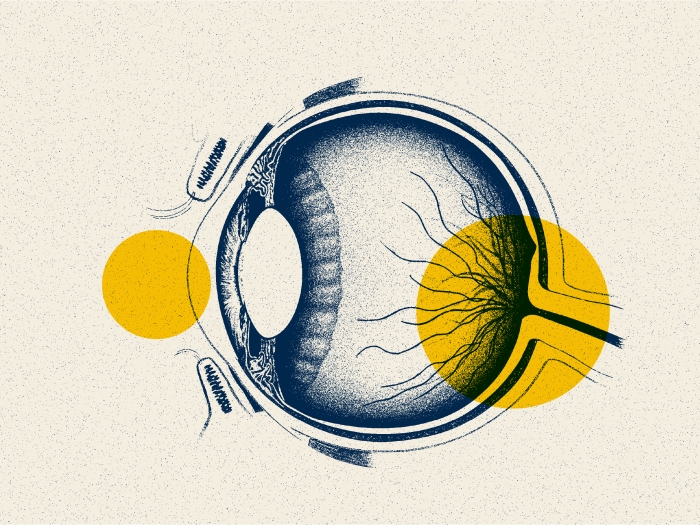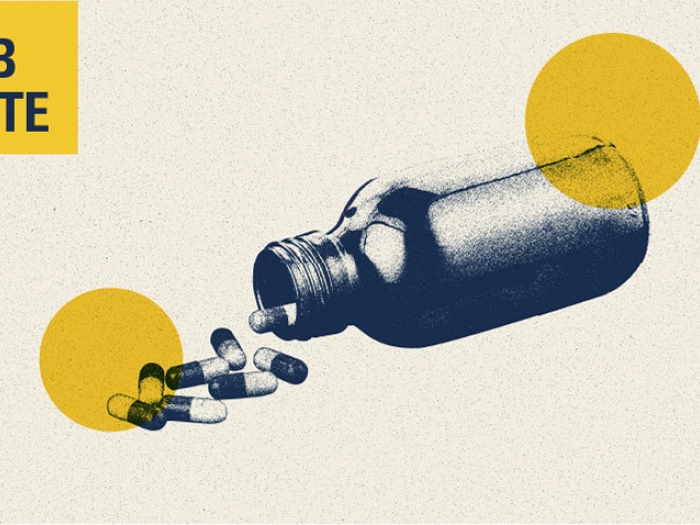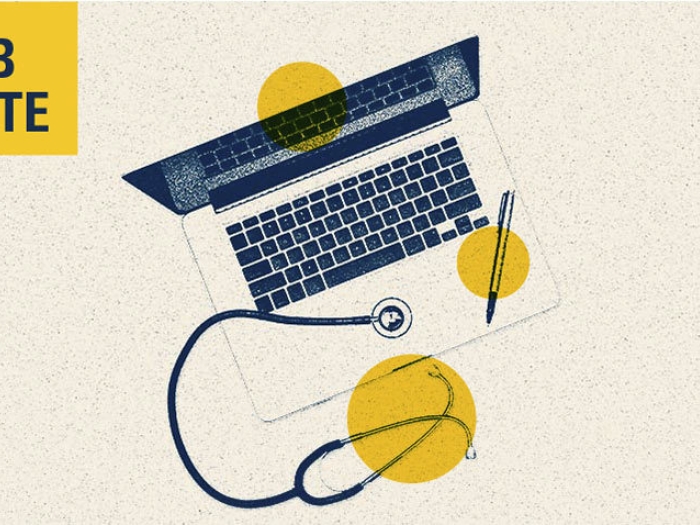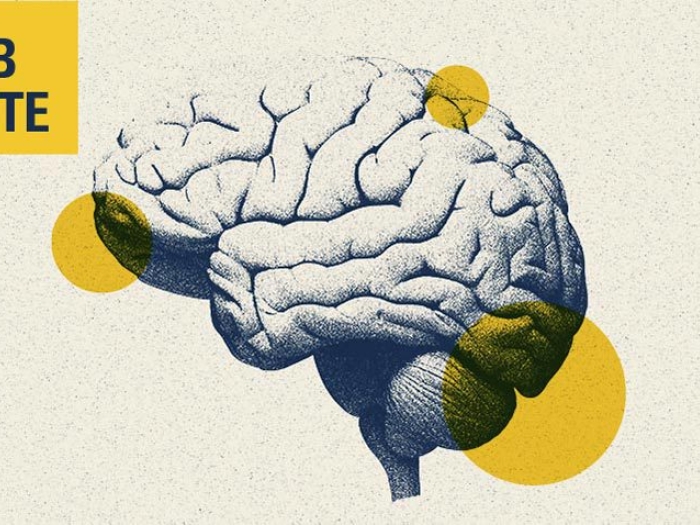Out-of-pocket costs drop sharply after Medicare eligibility at age 65, especially for those with the highest bills.
9:56 AM
Author |

Lowering the age when older adults can enroll in Medicare might save them a lot of money, even if the age drops only a year or two from the current age of 65, a new study suggests.
Such a change, currently being discussed in Washington, D.C., could especially affect the small percentage of people in their early 60s who spend a major chunk of their disposable income on health costs, according to the new University of Michigan research published in JAMA Health Forum.
The study looks at what people in their late 50s through early 70s spent out of their own pockets for health care, including co-pays, deductibles and costs that they had to bear because they didn't have insurance for that type of service or any health insurance at all.
The average amount that an older adult paid out-of-pocket for health care dropped 27% from age 64 to age 66, even as incomes stayed about the same and average total health costs paid by insurance and individuals increased 5%.
The percentage of older adults who had no health insurance went from 5% at age 64 to almost none at age 66, reflecting an ongoing gap not addressed by the Affordable Care Act – including the expansion of Medicaid in most, but not all, states.
The researchers paid special attention to the percentage of older adults who reported that their health costs ate up more than 40% of the income they had left after paying for food and housing. These could include people with high deductibles in an employer-sponsored or ACA insurance plan, as well as those without insurance or without coverage for dental, vision or other types of care they used.
Nearly 9% of 64-year-olds fell into this "catastrophic" group. By age 66, the percentage had dropped by 35%.
The lack of Medicare benefits for some types of care, including dental, vision and hearing, may have contributed to the fact that 5.8% of 66-year-olds still spent more than 40% of their disposable income on health costs. Some of this could also reflect costs for those who chose traditional Medicare but didn't purchase a Medigap plan.
John W. Scott, M.D., M.P.H., led the research team, which includes senior author John Z. Ayanian, M.D., M.P.P. and other members of the U-M Institute for Healthcare Policy and Innovation. Ayanian, the director of IHPI, is editor of JAMA Health Forum but played no role in the decision-making around the article's acceptance and publication.
The data for the study came from the Medical Expenditure Panel Survey for 2014 through 2018 and covered the eight years before Medicare eligibility (ages 57-64) and eight years after (65 to 73) for 24,700 survey participants. Thirteen percent of 64-year-olds had incomes low enough to qualify them to be covered by Medicaid; nearly all had transitioned to Medicare coverage by the time they turned 66.
"The financial burden of paying for health care—sometimes referred to as "financial toxicity"—is high for older adults in their 60s. With the rise in high-deductible commercial health insurance plans, simply having health insurance is not enough to protect patients from high out of pocket healthcare costs," said Scott, an assistant professor of cardiac surgery. "Medicare really improves financial risk protection for older adults, and reducing the age of Medicare eligibility would go a long way in reducing the financial burden of health care spending for those who are not quite 65."
Scott noted that when the team compared those in the pre-Medicare eligibility years with those in the post-Medicare eligibility years, the percentage who said that they had delayed seeking care because of cost dropped 17%. "Unaffordable care isn't just bad for someone's wallet, it's bad for their health," he said.
Paper cited: JAMA Health Forum. DOI: 10.1001/jamahealthforum.2021.2531

Explore a variety of healthcare news & stories by visiting the Health Lab home page for more articles.

Department of Communication at Michigan Medicine
Want top health & research news weekly? Sign up for Health Lab’s newsletters today!





